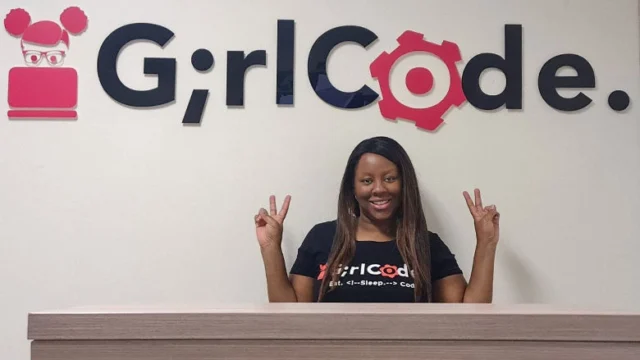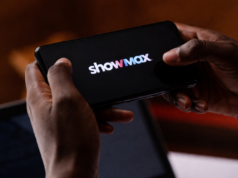In Nigeria — and indeed across the African continent — the twin issues of youth unemployment and gender disparity in the tech sector are longstanding and painful. Enter GirlCode, whose latest initiative is an ambitious, fully digital Digital Skills Employment Acceleration Programme (DSEAP) designed to equip young women with the tools they need to step confidently into the world of software development and tech-enabled careers.
Backed by international and local partners, this project goes beyond the nuts and bolts of coding: it’s about sustainable empowerment, opening doors to real jobs, financial independence, and long-term success. With South African statistics revealing nearly half of women aged between 15 and 34 are unemployed and not in education, the problem is strikingly urgent.
GirlCode’s founder, Zandile Mkwanazi, makes it clear: this isn’t just about learning to code — it’s about changing lives. “We’re building a direct bridge between learning and earning,” she says, underscoring the program’s design as a route out of economic marginalisation.
Table of Contents
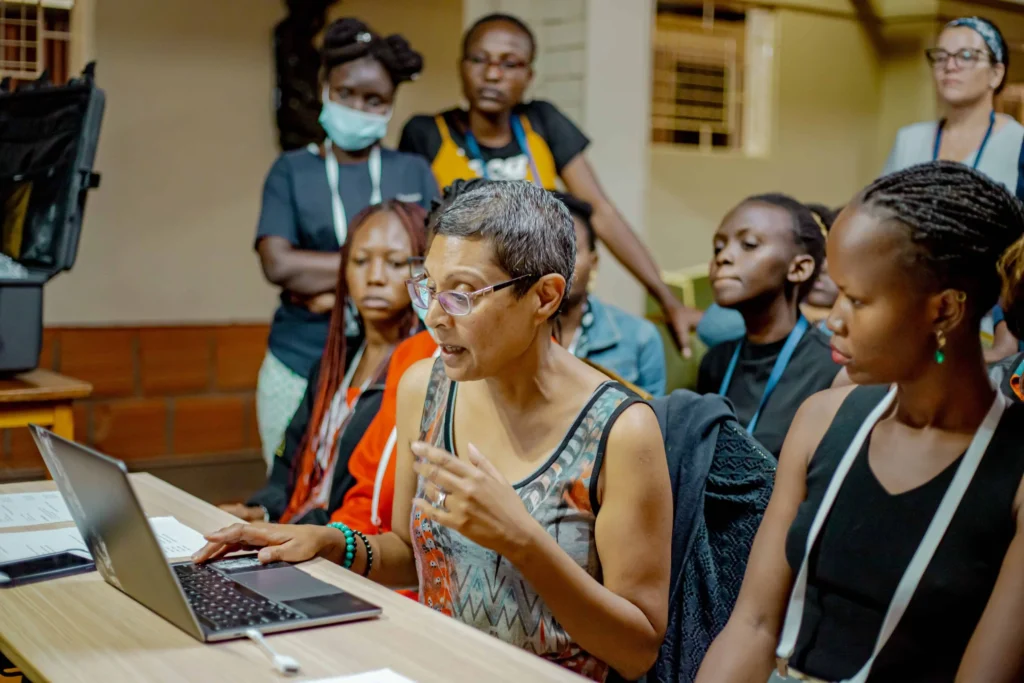
Immersive, Mentored Training: A Launchpad to Employment
The DSEAP runs for three months on a full-time basis. It blends intensive technical instruction with soft-skills development, practical mentorship, and workplace readiness. Participants must have access to a laptop and stable internet, and each is paired with a mentor who guides both their technical development and professionalism.
This mentorship model aims to ensure learners are fully prepared not just to pass exams, but to enter and remain in workplaces where they can thrive. It’s the kind of holistic training that turns knowledge into confidence — and confidence into opportunity.
Already, the inaugural cohort has received a funding boost from Accenture, showing the kind of corporate faith this programme has inspired. Meanwhile, GirlCode is actively forging additional partnerships to secure job placements for graduates.
From Hackathons to Social Enterprise: GirlCode’s Growth Journey
While the Digital Skills Employment Acceleration Programme is new, GirlCode’s roots go back further, offering lessons in perseverance and evolution. The movement started in 2014 as a women-only hackathon — a bold, grassroots effort to challenge the male-dominated tech space. Female graduates often looked at hackathons and tech events and wondered: “Where are the women?”
Those humble beginnings grew into a thriving social enterprise that now provides:
- A full-year software development programme for unemployed school leavers;
- Three-month online bootcamps for STEM graduates;
- Short courses for career-changers;
- Introductory coding workshops for children as young as eight.
GirlCode doesn’t just teach coding — it nurtures ambition, creativity, and entrepreneurship. Many of its graduates go on to start their own businesses or land roles in tech companies. One told an interviewer how the training gave her the confidence to move across provinces and join a tech firm — a life-changing opportunity, according to World Bank Blogs.
The programmes are designed to be inclusive and culturally resonant. By pairing girls with industry mentors — especially Black women leaders — GirlCode shows young women they can indeed belong and lead in tech.
GirlCode has bold aims: to reach 10 million young women and girls with tech skills by 2030. Already, it has impacted some 100,000 women and staged pan-African hackathons — even expanding into Botswana and Kenya.
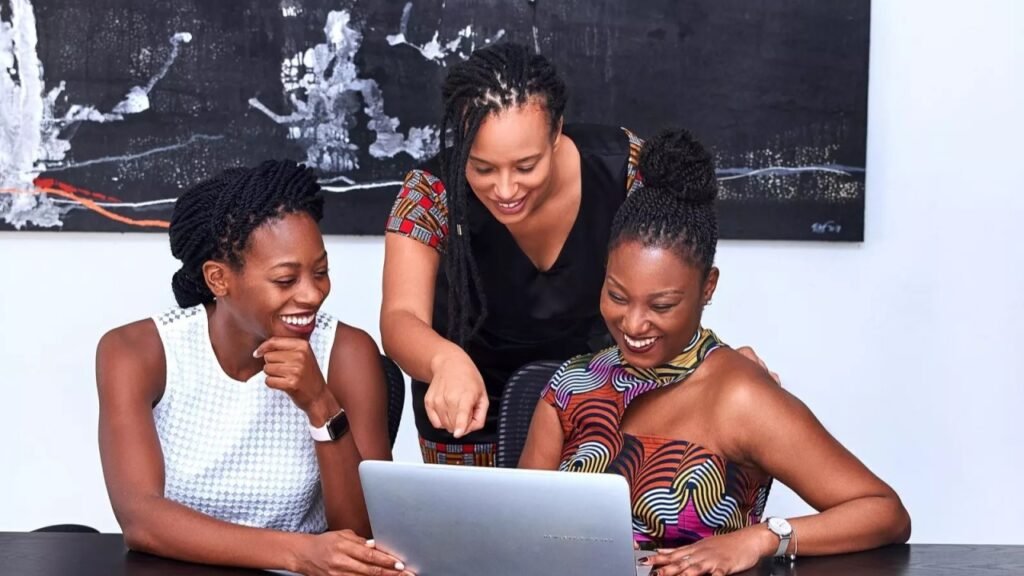
Driving Impact Through Partnerships and the Broader Ecosystem
GirlCode’s success isn’t down to solo effort — it’s the product of strategic collaboration. The programme is built on private-sector partnerships: for instance, Mint Group hosts workplaces for trainees, and many graduates have secured roles in IT support, UX, marketing, and other domains.
Another major enabler is Vuma, which supports tech education through “Coding Clubs” by linking schools to high-speed fibre. This ensures that early learners can access coding classes in primary and high schools, laying the groundwork for future tech careers.
GirlCode creates the full ecosystem — from early exposure in schools through coding clubs, right up to mentorship, bootcamps, entrepreneurship, and employment pipelines.
Behind it all is Mkwanazi, whose dedication is unwavering. She oversees a tight-knit team of twelve and even established GirlCode Talent, a recruitment arm that places graduates into tech roles — both locally and internationally. Her vision is simple yet powerful: teaching women to solve real-world problems, build businesses, and become the innovators their communities need.
Navigating Nigeria’s Unique Landscape and Seizing the Opportunity
While GirlCode is based in South Africa, its model offers tremendous potential for Nigeria. With large numbers of young graduates — particularly women — struggling to find meaningful work, a localised version of this digital skills pipeline could help decrease unemployment, stimulate entrepreneurship, and empower a generation of tech-savvy Nigerian women.
Implementing such a programme here would require:
- English-language coding bootcamps tailored to local needs;
- Collaboration with local tech companies for mentorship and job placements;
- Ensuring participants have access to devices and affordable internet; and
- Embedding soft-skills training and business acumen to equip women not just for jobs, but for self-employment.
Drawing from GirlCode’s playbook — its evolved roadmap from hackathon to social enterprise — we can begin to tackle Nigeria’s own unemployment and tech-gender gap.
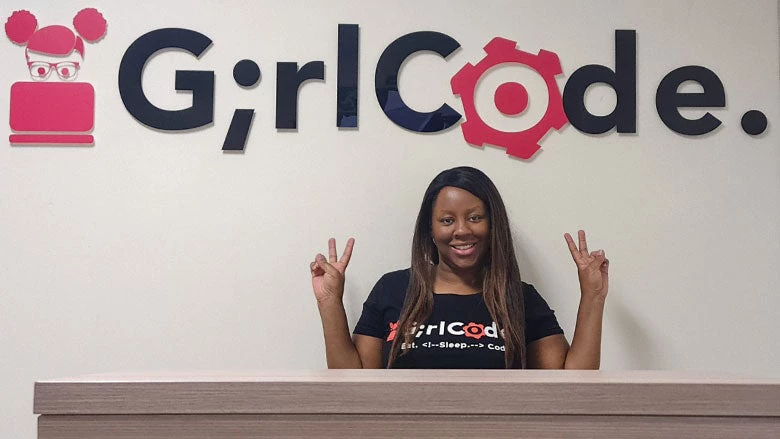
Conclusion: A Nigerian Call to Action
At its heart, “GirlCode Empowers Young Women with Digital Skills to Tackle Unemployment Crisis” is not just about training — it’s a social movement. A movement that says: women belong in tech. Women can lead, innovate, and build solutions that reflect their realities. By investing in them, we invest in inclusive growth, innovation, and economic transformation.
Nigeria has all the ingredients — a tech-hungry youth, rising mobile and internet penetration, and an ecosystem of eager tech firms. A programme like this could help harness that potential — turning software developers out of unemployed graduates and turning ideas into scalable solutions.
Let’s take that step: partner with NGOs, global tech companies, and government actors to bring a GirlCode-like vision to life right here at home. The future is programmable — let’s code it with women at the centre.
Join Our Social Media Channels:
WhatsApp: NaijaEyes
Facebook: NaijaEyes
Twitter: NaijaEyes
Instagram: NaijaEyes
TikTok: NaijaEyes


